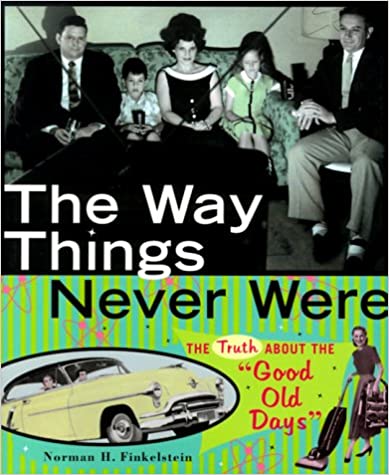When we look at a snapshot of best-selling books at any point in time, we see a picture of our society and what it values and thinks. I am unsure whether book publishing is a light or a mirror; but looking back, I see insights to be gained. Spoiler alert: Book publishing did not begin when Amazon was founded thirty years ago.
The New York Times Best Seller lists, July 24, 1949
Fiction
- POINT OF NO RETURN, by John P. Marquand (Little, Brown)
- FATHER OF THE BRIDE, by Edward Streeter (Simon & Schuster) – Made into multiple movies.
- NINETEEN EIGHTY-FOUR, by George Orwell (Harcourt, Brace) – Book should be retitled: TWO THOUSAND TWENTY-FOUR. George was just forty years off.
- PRIDE’S CASTLE, by Frank Yerby (Dial Press)
- THE BIG FISHERMAN, by Lloyd C. Douglas (Houghton Mifflin) – Douglas was a pastor and author of many books. A dozen movies were made from his work, including The Robe and this novel.
- THE BRAVE BULLS, by Tom Lea (Little, Brown & Company)
- OPUS 21, by Philip Wylie (Rinehart)
- THE TRACK OF THE CAT, by Walter Van Tilburg Clark (Random House)
- CUTLASS EMPIRE, by F. Van Wyck Mason (Doubleday)
- THE MAN WHO MADE FRIENDS WITH HIMSELF, by Christopher Morley (Doubleday)
- THE NAKED AND THE DEAD, by Norman Mailer (Random House)
- KINFOLK, by Pearl S. Buck (John Day) – Author won a Pulitzer in 1932 and a Nobel prize in 1938. Former missionary in China. Click here.
- THE FOUNTAINHEAD, by Ayn Rand (Bobbs-Merrill)
- PRAIRIE AVENUE, by Arthur Meeker (Knopf)
- DINNER AT ANTOINE’S, by Frances Parkinson Keyes (Julian Messner)
- TOMORROW WE REAP, by James Street and James Childers (Dial Press)
Nonfiction
- CHEAPER BY THE DOZEN, by Frank B. Gilbreth and Ernestine Gilbreth Carey (Grosset & Dunlap) – Multiple movies from 1950 through 2022. Did you know this was nonfiction?
- THE SEVEN STOREY MOUNTAIN, by Thomas Merton (Harcourt, Brace)
- PEACE OF SOUL, by Fulton J. Sheen (Whittlesey House) – a “Christian” perspective of Liebman’s Peace of Mind, listed below at #14.
- BEHIND THE CURTAIN, by John Gunther (Harper)
- THE GREATEST STORY EVER TOLD, by Fulton Oursler (Doubleday) – Prolific author wrote under multiple pseudonyms. This book was the basis for the 1965 movie.
- WITH A FEATHER ON MY NOSE, by Billie Burke (Appleton-Century-Crofts)
- A GUIDE TO CONFIDENT LIVING, by Norman Vincent Peale (Prentice-Hall)
- LET ‘EM EAT CHEESECAKE, by Earl Wilson (Doubleday)
- THEIR FINEST HOUR, by Winston S. Churchill (Houghton Mifflin)
- BEAU JAMES, by Gene Fowler (Viking)
- WHITE COLLAR ZOO, by Clare Barnes (Doubleday)
- LOW AND INSIDE, by H. Allen Smith and Ira Smith (Doubleday)
- THE DOCTOR WEARS THREE FACES, by Mary Bard (Lippincott)
- PEACE OF MIND, by Joshua Loth Liebman (Simon & Schuster) – First published in 1946, the book spent a year at #1 on the NYT list, and this week in 1949 marked the 164th week on the list overall. Liebman was an American rabbi who wrote post-WWII and Holocaust, which makes this title an interesting entry into the literary world at the time. Liebman passed away of a heart ailment in June 1948, a few weeks after Israel was re-established as a state on May 14, 1948.
- ROOSEVELT AND HOPKINS, by Robert E. Sherwood (Harper)
- HOW TO STOP WORRYING AND START LIVING, by Dale Carnegie (Simon & Schuster)










